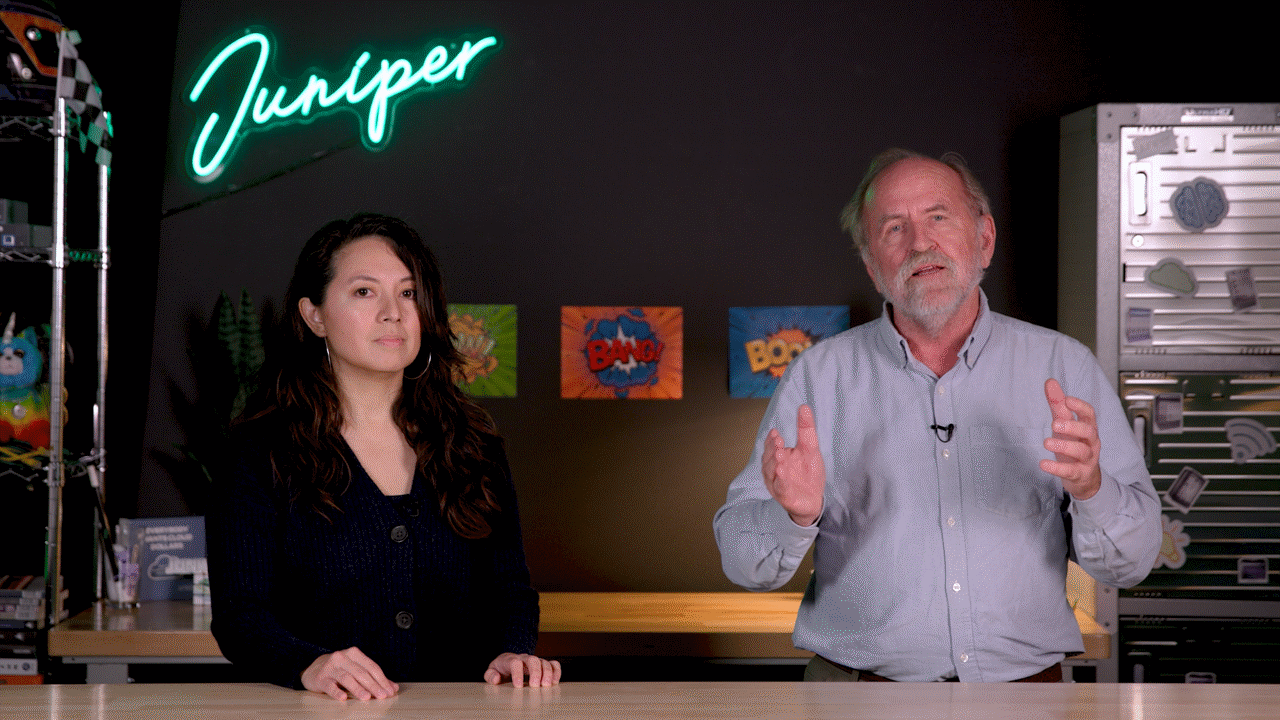- play_arrow Overview
- play_arrow Accessing Standards Documents
-
- play_arrow Supported Standards
- play_arrow Chassis and System Standards
- play_arrow Interface Standards
- Supported ATM Interface Standards
- Supported Ethernet Interface Standards
- Supported Frame Relay Interface Standards
- Supported GRE and IP-IP Interface Standards
- Supported PPP Interface Standards
- Supported SDH and SONET Interface Standards
- Supported Serial Interface Standards
- Supported T3 Interface Standard
- play_arrow Layer 2 Standards
- play_arrow MPLS Applications Standards
- play_arrow Open Standards
- play_arrow Packet Processing Standards
- play_arrow Routing Protocol Standards
- Supported Standards for BGP
- Supported ES-IS Standards
- Supported ICMP Router Discovery and IPv6 Neighbor Discovery Standards
- Supported IP Multicast Protocol Standards
- Supported IPv4, TCP, and UDP Standards
- Supported IPv6 Standards
- Supported OSPF and OSPFv3 Standards
- Supported Standards for RIFT
- Supported RIP and RIPng Standards
- Supported Standards for IS-IS
- Supported Standards for Segment Routing
- play_arrow Services PIC and DPC Standards
- play_arrow VPLS and VPN Standards
-
- play_arrow Downloads
JET Service Process Overview
To support application interaction with Junos OS, the JET service process (jsd), by default, uses TCP port 32767 to listen for and receive requests from applications to execute APIs. Whenever a request comes on the TCP port, jsd creates a separate thread to service the JET application request. The session remains established as long as the client and server are both up and able to communicate with each other. Over the lifetime of a session, jsd can execute many APIs, and it can execute APIs from multiple sessions in parallel. You can have a maximum of 8 active client sessions connected at any given time.
JET does not support ECDSA or DSA SSL certificates. For secure communications with jsd, use RSA certificates, specifically TLSv1.





















